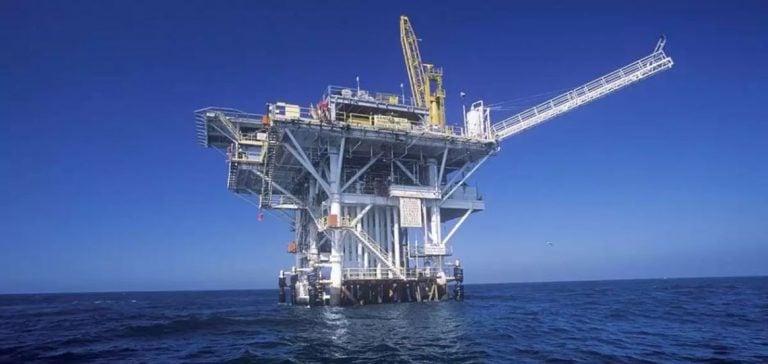India strengthens its strategy to diversify its crude oil sources by turning to Brazil. This initiative arises in a context of increased tensions in the Middle East, pushing the Asian country to seek reliable alternatives to secure its energy supplies. India’s Petroleum Minister, Hardeep Singh Puri, recently visited Brazil to discuss expanding crude oil purchases and explore collaboration opportunities in deepwater and ultra-deepwater exploration and production projects.
Despite these efforts, Brazilian crude exports to India have seen a decline in recent months. In 2024, imports have occurred only during five months, peaking at 41,600 barrels per day (b/d) in April, according to S&P Global Commodities at Sea data. In December 2023, imports were higher, at 143,000 b/d. However, analysts believe that Indian refineries, now more open to diversification, might consider increasing spot purchase volumes as well as term contracts for Brazilian crude.
Diversification of Crude Oil Sources in India
Tushar Tarun Bansal, Senior Director at Alvarez and Marsal, emphasizes that diversifying oil sources is a priority for the Indian government and its refineries. A close collaboration between Indian and Brazilian authorities could not only increase long-term supplies but also open avenues for upstream investments aimed at securing these supplies. According to S&P Global Commodity Insights, the period from 2000 to 2015 was marked by aggressive internationalization by upstream companies, including Indian companies that expanded their operations internationally.
Rajeev Lala, Director for Upstream Companies and Transactions at Commodity Insights, explains that Brazil’s deepwater sector was one of the most attractive emerging areas, attracting many global players, including Indian companies. However, attention was primarily focused elsewhere, notably on Russia and Venezuela, limiting the engagement of Indian companies in Brazil. Today, this dynamic is changing, with Indian companies being more open to overseas investments.
Ongoing Projects and Investments
Indian companies maintain some exposure to Brazil, notably with Oil and Natural Gas Corporation’s (ONGC) BC-10 projects in the Campos Basin and Bharat Petroleum Corporation Limited’s (BPCL) stake in five offshore blocks. Although the production from these investments is minimal, about 8,000 b/d in 2023, new projects planned for 2024 are expected to increase this production to approximately 40,000 barrels of oil equivalent per day (boe/d) by 2028. These projects include SEAP 1 and Wahoo for BPCL, as well as SEAP 2 for ONGC.
In July 2022, Prime Minister Narendra Modi’s cabinet approved a $1.6 billion investment proposal to develop an oil block in Brazil, aiming to secure equity oil overseas. An Indian oil trading expert stated that this strategy aims to strengthen both upstream and downstream ties with Brazil, thereby offering benefits to Indian refineries and upstream companies through a more comprehensive approach.
Logistical Challenges and Market Competition
Despite these initiatives, several obstacles persist in expanding Brazilian crude imports to India. Mark Esposito, Senior Principal Research Analyst at Commodity Insights, highlights that intense competition from Middle Eastern sour grades and discounted Russian crude presents significant challenges for Brazilian oil in the Indian market. Currently, Russian sour Urals crude dominates the Indian market, accounting for 42% of India’s crude imports this year, thereby limiting opportunities for alternatives.
Moreover, logistical constraints reduce the appeal of Brazilian oil. Shipping costs for crude from some Middle Eastern destinations are about $4-$6 per metric ton (mt) with a one-week transit time, while shipping costs from Brazil are $15-$20 per mt with a transit time of about a month. These cost and time differences pose significant challenges for India in its diversification efforts.
Future Prospects and International Competition
According to CAS data, India’s crude oil imports from Russia reached 1.7 million b/d between January and September, accounting for more than 40% of total imports. Iraq and Saudi Arabia follow in second and third place with 940,000 b/d and 623,000 b/d respectively during the same period. The United States and the United Arab Emirates rank fifth and fourth, with 215,000 b/d and 423,000 b/d respectively.
Additionally, traders and analysts believe that India could also face increased competition from China for Brazilian crude, as China faces difficulties in sourcing Iranian oil and is seeking alternatives. An Indian refining expert indicated that the additional availability of Brazilian volumes for India will largely depend on deals concluded with Chinese buyers, who have traditionally favored Brazilian crude.






















